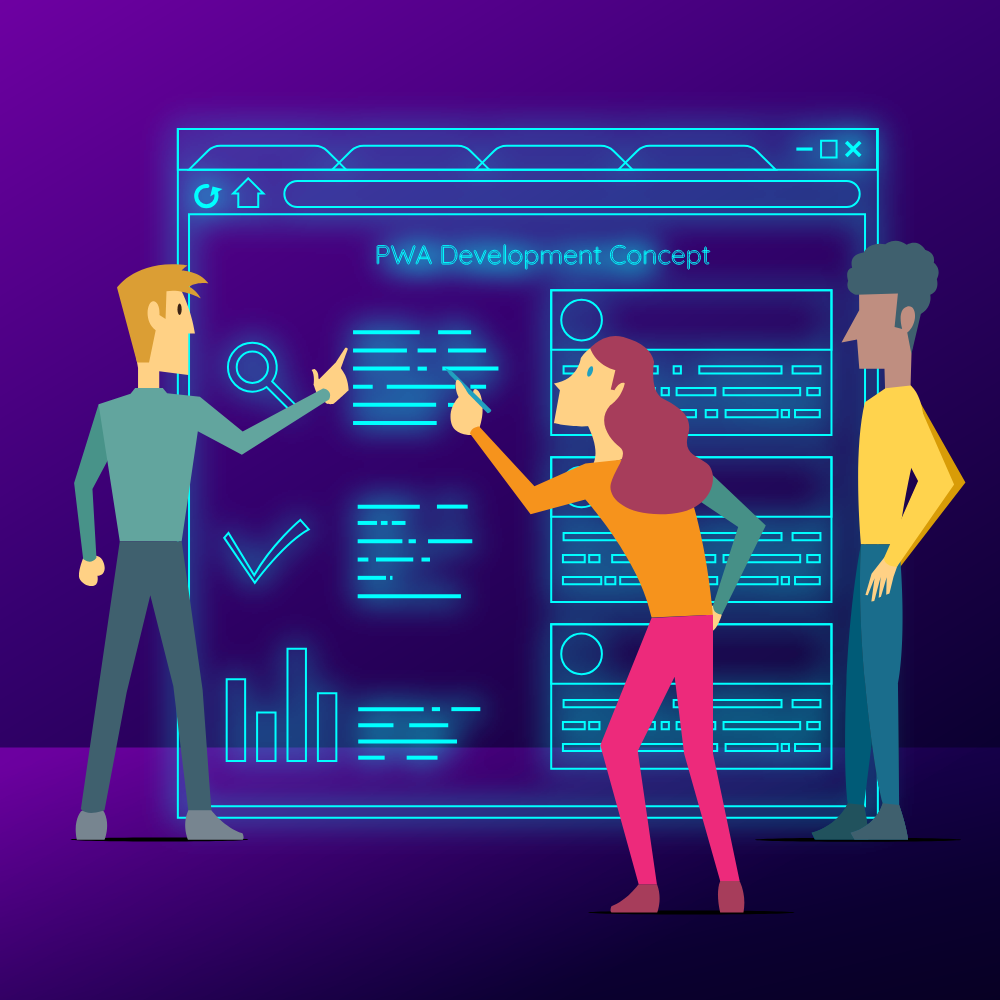iOS App Development
In the fast-paced world of technology, iOS app development stands as a beacon of innovation, providing a canvas for developers to turn their ideas into tangible, user-centric experiences. Join us on a journey through the intricate process of iOS app development, exploring the tools, principles, and limitless possibilities that shape the future of mobile applications.
The Foundation: Swift Programming Language
At the core of iOS app development is Swift, Apple’s powerful and intuitive programming language. Swift combines speed with safety, offering developers a versatile toolset to bring their ideas to life efficiently. Its syntax is designed for readability, making it not only a joy for developers to work with but also a language that facilitates rapid application development.
The iOS Development Environment: Xcode
Xcode serves as the development hub for iOS app creators. This integrated development environment (IDE) provides a suite of tools and features, from code editing to debugging and testing. With a user-friendly interface and comprehensive capabilities, Xcode streamlines the development process, enabling developers to focus on crafting exceptional user experiences.
User-Centric Design: Human Interface Guidelines
Apple’s Human Interface Guidelines (HIG) are the blueprint for creating iOS apps that resonate with users. From intuitive navigation to consistent design elements, HIG sets the standards for creating applications that feel natural and delightful. User-centric design is not just a goal but a principle that guides every aspect of iOS app development.
Responsive UI: Adapting to Every Device
iOS apps are designed to offer a seamless experience across a diverse range of devices, from iPhones and iPads to Apple Watches and Apple TVs. Responsive user interfaces (UI) ensure that the app adapts to various screen sizes and resolutions, providing a consistent and visually appealing experience regardless of the device.
App Architecture: Structuring for Scalability
Efficient app architecture is the backbone of a successful iOS application. Whether it’s the Model-View-Controller (MVC) pattern, Model-View-ViewModel (MVVM), or other architectural paradigms, developers must carefully structure their code for scalability and maintainability. This ensures that the app can grow and evolve with changing requirements.
Testing and Debugging: Ensuring Quality
Quality assurance is a crucial phase in iOS app development. Xcode provides robust testing tools, including XCTest for unit testing and UI testing, to identify and address issues before an app reaches users. Rigorous testing and debugging practices contribute to the creation of stable, reliable, and user-friendly iOS applications.
App Store Guidelines: Navigating the Submission Process
Submitting an app to the App Store requires adherence to Apple’s strict guidelines. From ensuring app functionality to following design principles and maintaining data privacy, developers must navigate the submission process meticulously. Complying with these guidelines is essential for getting an app approved and available to iOS users worldwide.
Continuous Integration and Deployment: Streamlining the Pipeline
In the era of rapid development, continuous integration and deployment (CI/CD) practices are crucial. Tools like Jenkins, Fastlane, and others automate the process of building, testing, and deploying iOS apps, reducing manual errors and accelerating the release cycle. CI/CD ensures that developers can deliver updates and new features to users seamlessly.
Future Trends: AR, ML, and Beyond
As technology advances, so does the landscape of iOS app development. Trends like Augmented Reality (AR) and Machine Learning (ML) are becoming integral to creating immersive and intelligent applications. Developers are embracing these technologies to unlock new possibilities and create experiences that go beyond traditional boundaries.
Conclusion
iOS app development is a dynamic and evolving discipline, where creativity meets technical prowess. From the inception of an idea to the submission of an app to the App Store, the journey is marked by innovation, meticulous design, and a commitment to delivering exceptional user experiences. As we continue to build tomorrow, iOS app development remains at the forefront, shaping the way we interact with technology and each other.






No Comments